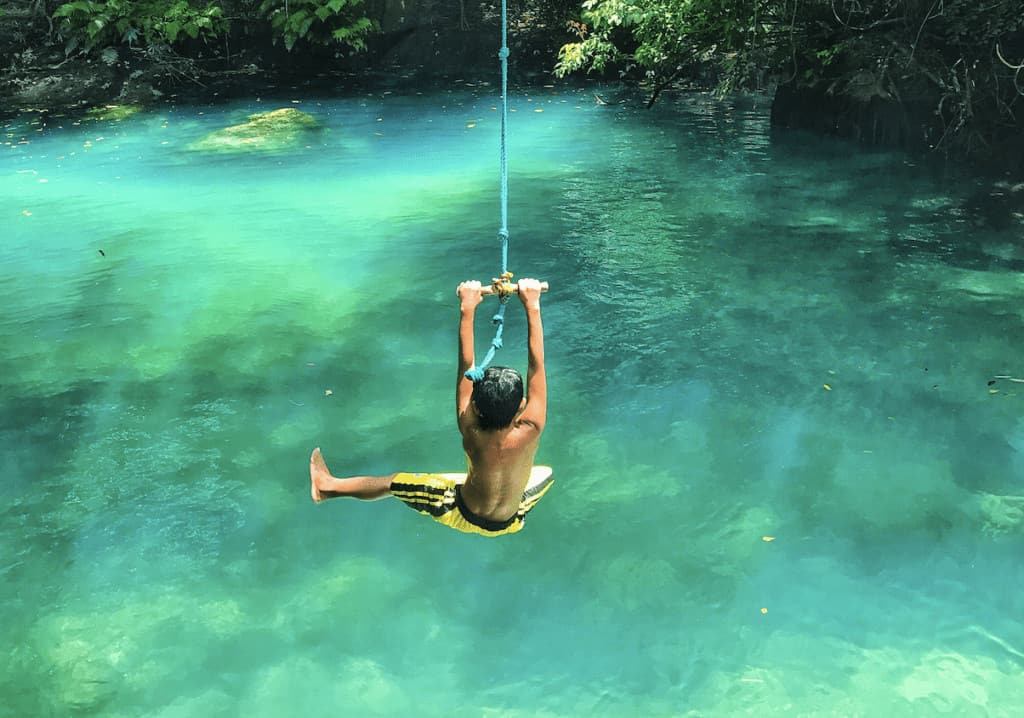A common phrase states that, “the creative adult is the child who survived.” The idea that adulthood brings about a profound loss of innocence and playfulness is widely accepted by the masses who equate adulthood with the mundane.When we think back to childhood and youth, a group of emotions may arise. We may think of days on the playground in elementary school, running around playing tag with our friends. Perhaps memories of family dinners, game nights, and trips to the amusement park come to mind. There’s an unmistakable lightness associated with childhood.
As we grow into adults, we adopt our new roles of heads of households, parents, and role models. We sometimes, subconsciously, cover every inch of ourselves with protective emotional layers made from our imagination’s version of our best selves. Many will then push away the parts of themselves that remind them of childhood, and opt for only acknowledging the new adult traits that make them feel most powerful and in control.
However, there’s power in returning to our inner child. If you take a few moments to examine the way your children move about the world, you’ll notice that they operate with a sense of freedom that only comes from having a strong sense of self. Before the world tells us who we are, we live as children that are only aware of the obvious and apparent aspects of the world. A child will talk for hours about how much they love cars and trains, whereas an adult may stifle such thoughts because they consider themselves unqualified to speak on the subject. A child may dream about jumping on a podium as an olympic swimmer, because unlike adults, they’re unconcerned with the statistics of “making it”.
Children can communicate an important lesson to adults, if we’re willing to tap into their knowledge base. The success of the goals you’ve set for yourself are partially dependent on your attitude towards them. Many adults have a subliminal reflex to crush their dreams before even embarking on the journey to accomplishing them. As a child does, it’s important to embody your truest-self in all moments, and to identify which parts of yourself are simply performative layers that you’ve adopted throughout adulthood as coping mechanisms.
A key method to honor your inner child is to take notes from your own children. When they dare to dream big, allow yourself to do the same. When you see their eyes open in wonder and curiosity, ask yourself what things make you light up in the same way. When you set a goal for yourself, block out the years of doubts you may have accumulated throughout life. The idea isn’t that you will regress into a childlike version of yourself, but instead that you will identify which parts of yourself were accidentally left behind. You’ll be empowered to regain the same sense of freedom and imagination that fuels the childhood attitude of, “I can do anything.”
-Cami Thomas

